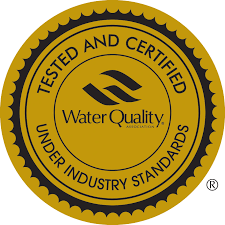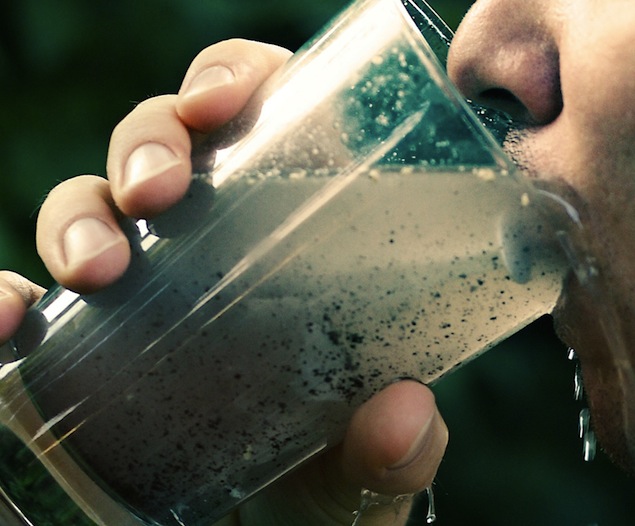The Great Pacific Garbage Patch. Believe it or not, that’s a thing. Described as a plastic trash vortex, it has been created over time by an accumulation of plastic pollution gathered by ocean currents.
Plastic floating in our oceans are a large threat to marine life. From plastic bags (approximately 60,000 plastic bags are used in the US every 5 seconds), to microbeads from our favourite face washes (we know about those eh), to 6 pack rings from beverages, to fishing gear, all of these are common finds in our oceans, and specifically in the Great Pacific Garbage Patch. The exact size of GPGP is unknown, but it’s constantly growing because of our continuous plastic consumption and consequent litter.
Seals, sharks, dolphins, seagulls and pelicans have all been found dead in large numbers due to plastic bags. Animals are strangled as they are caught in plastic bags, 6 pack rings even fishing gear while smaller aquatic life can suffocate on smaller plastic shards. Along with plastic microbeads, plastic pollution can break down into smaller, microscopic pieces, and enter the food chain as fish and other aquatic organisms mistake these plastic bits as food. 700 marine species could go extinct because of our plastic pollution!
But plastic in our oceans are hardly the leading factor polluting our oceans. The biggest pollutant to our oceans is runoff from land. Runoff comes from many sources; oil leaked onto roadways from cars and trucks, agricultural fertilizers and pesticides from farms and ranches, and even top soil and silt from areas under construction. When it rains, the water washes across the land, picking up all the chemicals and pollutants in its path and carries these pollutants into our waterways, harming marine life and their habitats.
Today is World Oceans Day.
Over 70% of Earth is covered by ocean. Almost 97% of all Earth’s water can be found in our oceans. Oceans are great. Let’s start treating them that way. Up until very recently we have viewed the ocean as a never-ending source of resources at our disposal. Unfortunately that is not true. Due to pollution and overfishing, marine life in our oceans is drastically dwindling.
But there are things we can do!
When it comes to runoff:
– Plant trees and shrubs in bare areas. Plants absorb runoff an d their roots will hold soil together.
– Reduce your use of fertilizers and pesticides
– Recycle glass, paper and of course plastic.
What about our plastic pollution?
Start making a conscious effort to reduce your plastic consumption.
– Use mesh or cloth recyclable bags (and have enough foresight to bring them with you to the store!)
– Check products for those pesky microbeads (and avoid buying those products)
– Invest in quality reusable products, like a good water bottle and tupperware containers (http://www.reuseit.com/ has a solid list of nifty reusable items)
-A






















Add comment